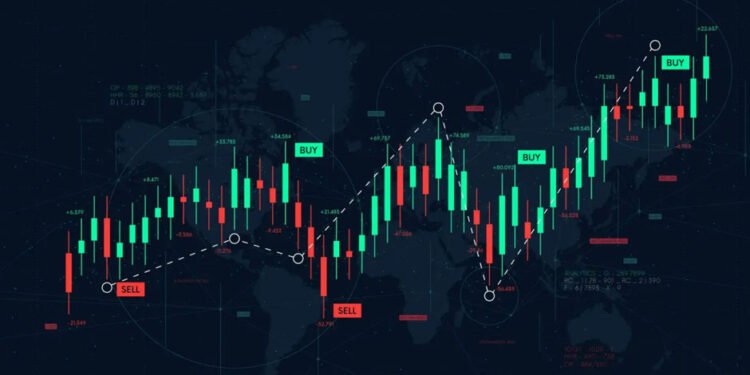People and companies can trade currencies on the foreign exchange market while keeping an eye on what’s going on in the world and the economy. For beginners, it might seem hard at first, but learning the basics gives you a solid foundation for making smart decisions. Let’s look at how basic ideas affect the currency market and why they are important.
When individuals initially question how to trade forex, they usually look at technical charts first. Fundamental analysis looks at the changes in the economy, government, and money that impact the value of a currency. Interest rates, job numbers, and trade policies around the world are some of these factors. Traders may learn more about why markets move the way they do by analyzing them.
Central Banks Have a Key Role
Central banks have a big say in how currency markets work. Exchange rates are directly affected by their choices on interest rates, monetary policy, and inflation objectives. When interest rates go up, investors who want bigger returns may buy that currency, which makes it worth more. On the other side, cutting interest rates can make the currency weaker as investors hunt for other places to put their money.
Central banks provide forward guidance that shows where future policy will go, in addition to interest rates. Traders generally pay attention to these organizations’ remarks, pronouncements, and economic data. Traders may predict moves instead of responding after the fact if they know how to read these indications.
How Economic Indicators Affect Things
The lifeblood of fundamental analysis is economic indicators. Reports like GDP growth, inflation rates, and job numbers show how well a country’s economy is doing. For instance, a good employment report may make investors more confident and make more people want to buy that country’s currency.
In periods of high inflation, consumer price index results may hold more influence than others. Market conditions determine which reports traders focus on most closely. This shifting importance means traders should stay flexible and aware of current global priorities.
Global Events and Market Sentiment
Numbers and reports are the main parts of analysis, but world events also play a role. Elections, trade talks, and conflicts between countries may swiftly change how people feel. For instance, if people aren’t sure about an election, they may not want to buy as much of a currency. When the result is announced, markets typically change to show that things are clearer again.
Market sentiment is basically how investors feel, and it may make currencies change in the short term. Currencies may go up or down in a couple of minutes if people suddenly become more or less hopeful. This emotional aspect of trading underscores why both data and perception need attention.
Personalized Services That Support Forex Learning
For beginners, studying fundamentals can seem overwhelming, but personalized care makes the process manageable. Services offered by trading platforms often include educational materials, video tutorials, and market analysis designed for varying skill levels. These resources help new traders focus on what matters most without feeling overloaded.
Some platforms also provide demo accounts where practice can occur in real time without financial risk. Others offer economic calendars that highlight upcoming reports and events. With these tools, traders can connect theory with actual market reactions. The right level of personal support ensures beginners develop their confidence step by step.
The currency market reacts to a mix of economic data, central bank policy, and how people across the world feel. If you’re just starting to learn how to trade forex, knowing these basics can help you make better choices. Currency values are affected by a number of things, including economic statistics, political events, and the sentiment of the market. Traders may go from being unsure to being sure about their strategy with specialized attention and consistent development.












